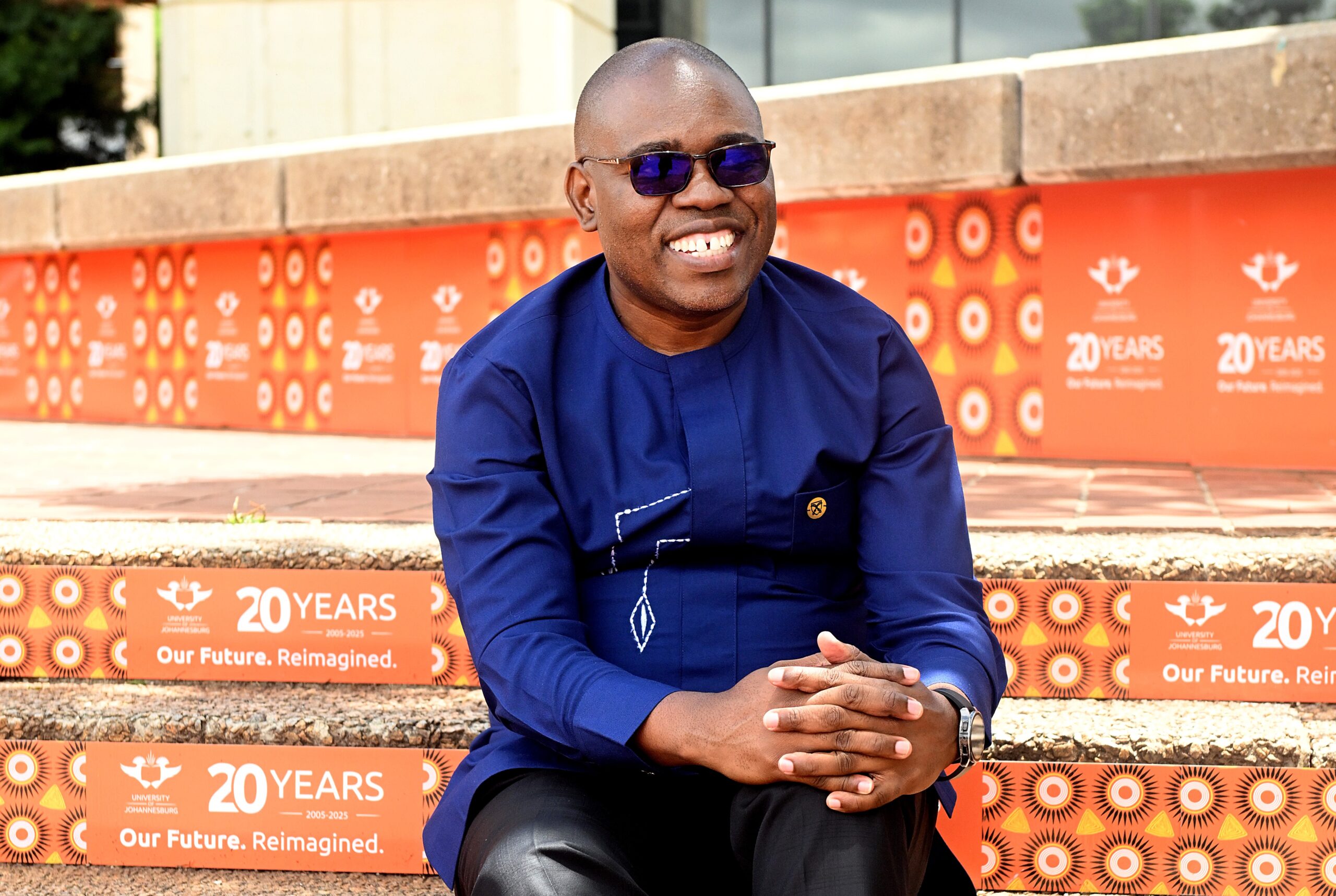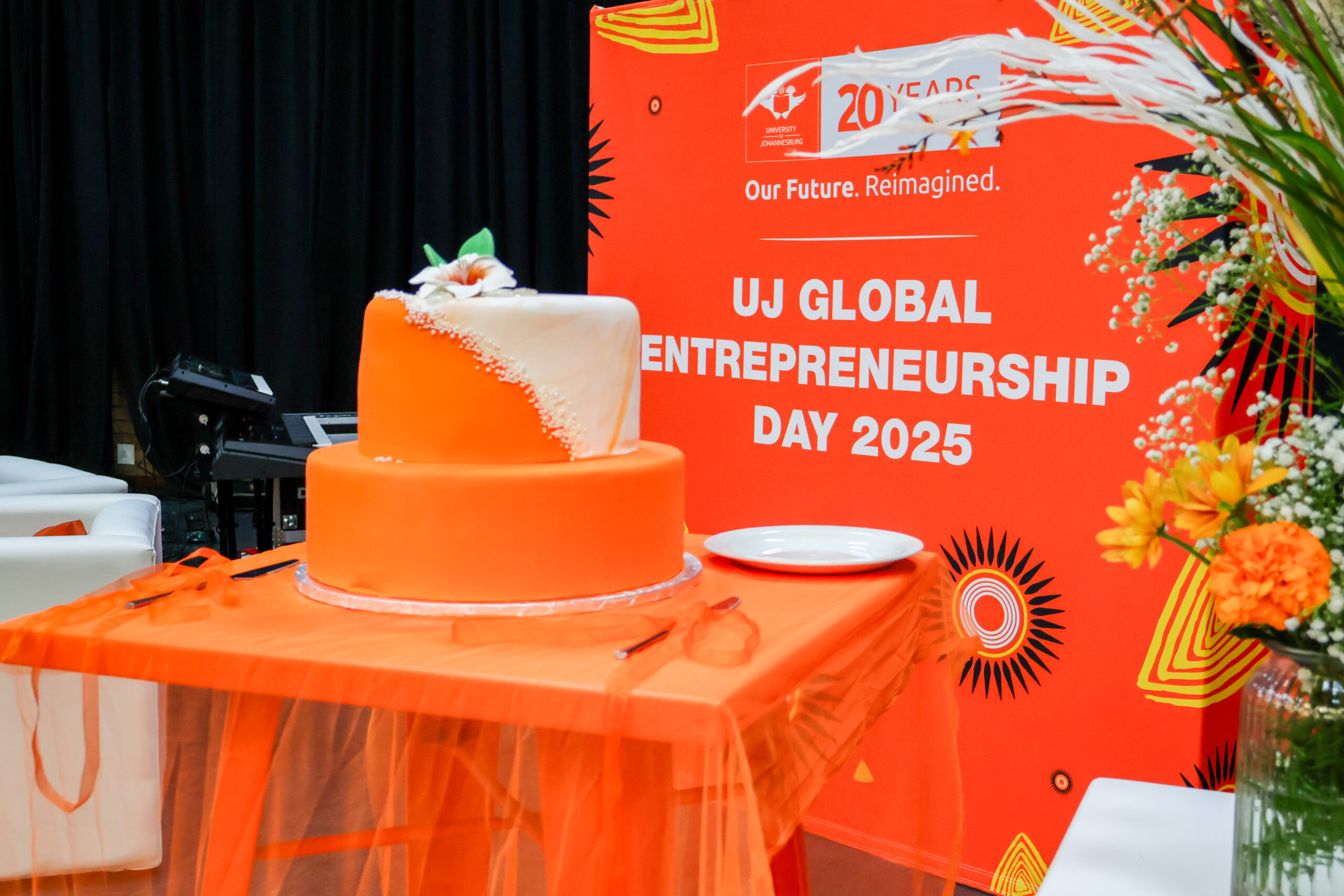The Leadership for Learning, a three-year intervention programme to bolster leadership in schools and help improve literacy levels, saw American entrepreneur and philanthropist, Randy Best, donating R 450 000 to libraries at 100 Soweto schools.
The Leadership for Learning intervention, a collaboration plan spearheaded by the Education Leadership Institute (ELI), within the Faculty of Education at the University of Johannesburg (UJ) and Harvard’s Graduate School of Education, piloted in the Johannesburg Central District, saw more than 400 schools participating in this venture.
UJ’s Project Manager for the programme Dr Lloyd Conley says: “The initiative provided school principals with the tools, skills, knowledge and resources to run better schools and thoroughly transform education in the area. As a resultprincipals have moved from demands of management and control to the demands for an educational leader who can foster staff development.”
Speaking at the certification event held at the UJ’s Soweto Campus on 29 October 2012, Dr Deborah Jewell-Sherman, a senior lecturer on education at Harvard Graduate School of Education, said the programme increased the capacity of school leaders to improve learner achievement and opportunities; assisted in literacy development in primary schools across Gauteng; help developed modern teaching methods in Johannesburg Central District schools; and implemented a leadership development programme for school leaders and district officials in Soweto, Eldorado Park, Lenasia and in the South.
In 2010, Drew Faust, the 28th and first female president of Harvard University, announced the initiative to train school principals in some of South Africa’s most desperate regions. “In rural areas near Soweto, school principals are running classrooms in fields and abandoned school buses and shipping containers, sometimes risking their lives to serve students who want to become doctors and civil engineers,” Faust said. “Education is a force for liberation – this collaboration serves as both a physical and virtual convener of school leaders and create communities of practice for them to work together to solve real problems and create change, school-by-school, to improve learning and teaching.”
Dr Jewell-Sherman said that it is encouraging to see that the Leadership for Learning programme has drawn the interest of people such as Randy Best, who not only supports the initiative but is actively advancing learning experiences that make education more accessible and achievable for school children.
“Universities form part of a global network of knowledge creation and dissemination, and South African universities are very much part of the global village through collaborative projects, international exchanges and other mechanisms. As our universities become more integrated, new demands are being made upon them. This programme translated our educational development advances into gains for the country,” said Dr Conley.
Praise for UJ/Harvard Leadership for Learning intervention – letter from Mashooda Ismail, Deputy Chief Education Specialist: Policy & Planning, Johannesburg Central District
Dear Prof Gravett
On behalf of the Office of the Director, we thank you for a wonderful event yesterday. It was very inspiring to hear and feel the positivity in the room.
You and Dr Conley, together with the Education Faculty at UJ and the Harvard Graduate School of Education, have invested much into this project over the past three years and your commitment and perseverance is applauded. We extend thanks to all members of the Education Leadership Institute who under the expert guidance of Dr Conley have gone above and beyond to ensure the success of the Institute. We are hopeful that the Education Leadership Institute will continue to positively impact leadership development in schools in the Johannesburg Central District.
Nelson Mandela once said: “There can be no keener revelation of a society’s soul than the way in which it treats its children”. We thank you for making the best interest of our learners paramount in this programme and for investing head and heart into this project with the express aim of supporting the District Office in realising the vision of the Gauteng Department of Education in “ensuring that quality teaching and learning take place in the classroom every day”.
Further, we are humbled with gratitude for the grants and gifts awarded to our schools by the Harvard Graduate School of Education as these are much needed and will go a long way towards enhancing learner resources at the respective schools.
The University of Johannesburg Education Faculty is truly a valued partner and we look forward to collaborating with you further on future projects at the Johannesburg Central District.
Once more, thank you for “Making education a societal priority”.
Kind regards
Mashooda Ismail
Deputy Chief Education Specialist: Policy Planning
Johannesburg Central District



